
Dear Clergy and Congregational Leaders of the Capital District,
This week, we have another destructive virus that has painfully reminded us that, for way too many years, it had inflicted undue pain and death on our Black siblings and other siblings of color. Racism requires our attention! Our hearts are breaking for the growing number of Black men and women killed by police, most recently, George Floyd, and, for the inequities against people of color that plague our nation.
As Christ’s followers, and United Methodists, we believe that racism is a distorted value system that assumes that one race is innately superior to the others that translates into wrong mindsets, behaviors, policies, and systems.
SILENCE IS NOT AN OPTION; IT’S TIME FOR ACTION
I invite all Capital clergy and laity to join our resident Bishop, Rev. Dr. John Schol, and I, this coming Sunday, June 7, 2020, at 4:00 PM for a special peaceful public witness of our faith and prayer vigil in solidarity with the African American community and other people of color. This public witness will be a statement of presence, prayer, and reflection in the community. We will practice responsible physical distancing measures and will model the highest standards of Christian love.
Our special guest and speaker will be Rev. Gil Caldwell, a United Methodist, and renowned Civil Rights Activist. Other guest speakers include Bishop John R. Schol, Willingboro Mayor Hon. Tiffany Worthy, Charlene Walker from Faith in NJ, Rev. Geralda Aldajuste, Rev. Vanessa Wilson, Rev. Rupert Hall & Rev. Laura Steele.
JOIN US.
If you feel comfortable, bring a poster that expresses the Christian values of Peace with Justice, and invite a friend. We welcome children and youth. The new generations need more than ever, positive spaces to express their hopes and aspiration for a better society and world.
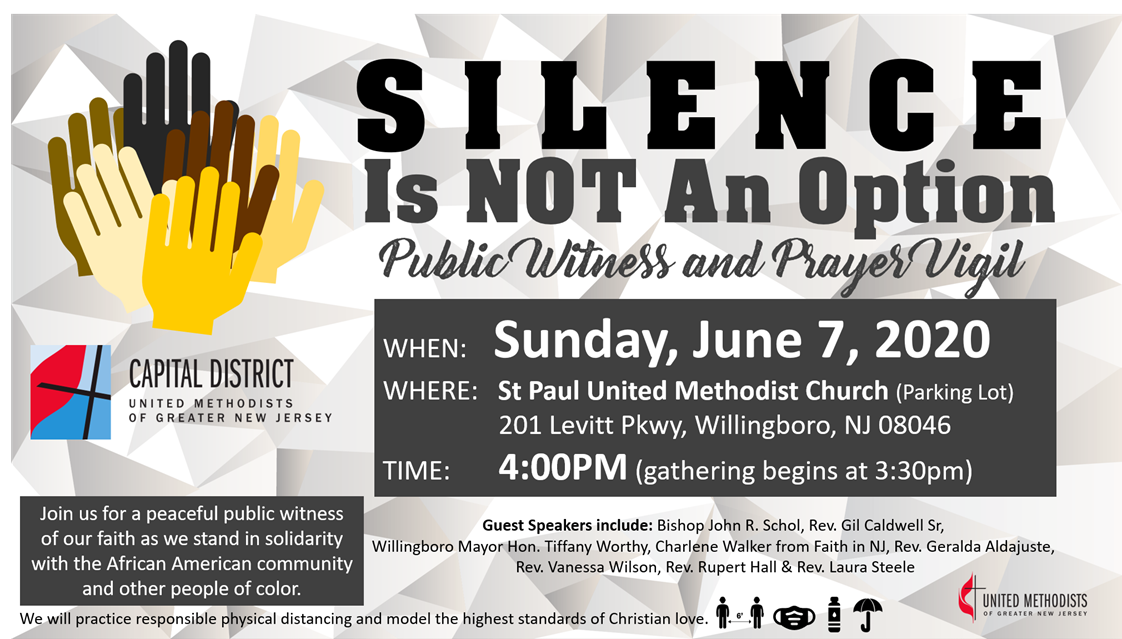
In consideration for others – we request that all persons participating from United Methodist congregations wear a face mask.
We’re together on the journey.
Paz, Héctor
Rev. Héctor A. Burgos | Capital District Superintendent
O: 732.359.1085 | C: 609.661.1768 | E: hburgos@gnjumc.org

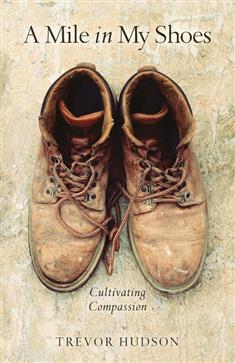
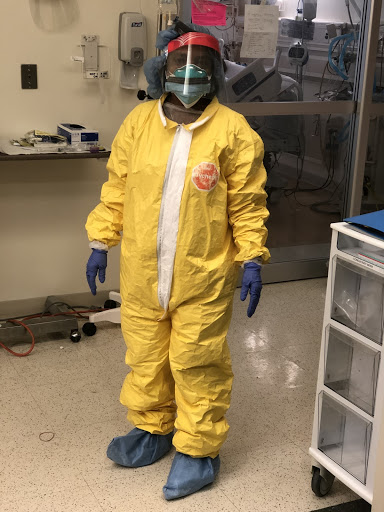
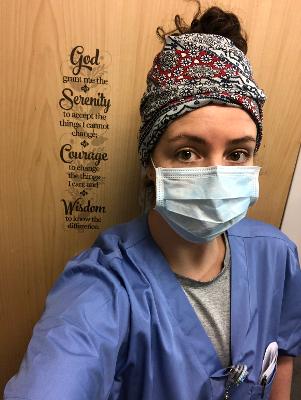
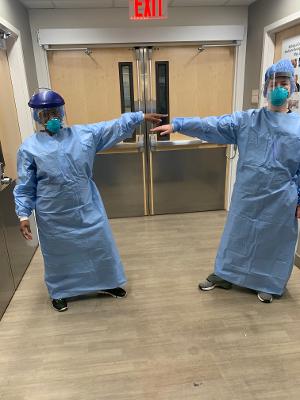
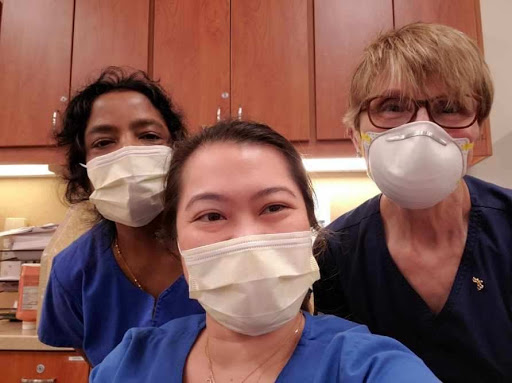
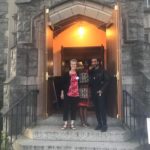
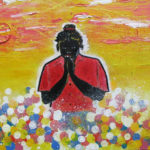
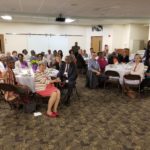

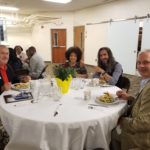
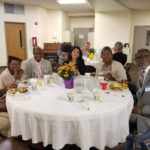
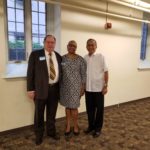
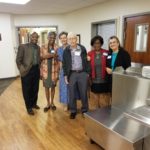
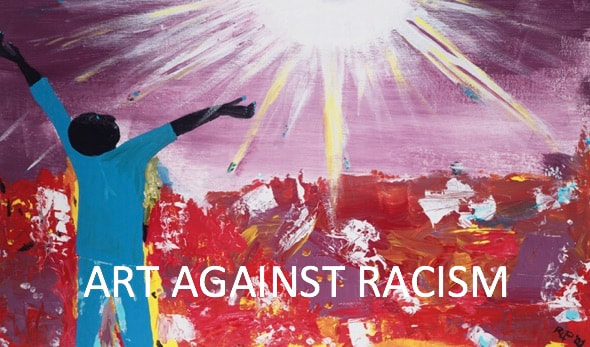 Visual artists of all ages – you are invited to submit your work to “Art Against Racism: Princeton and Beyond,” a project in which PrincetonUMC will participate. Co-sponsored by the
Visual artists of all ages – you are invited to submit your work to “Art Against Racism: Princeton and Beyond,” a project in which PrincetonUMC will participate. Co-sponsored by the 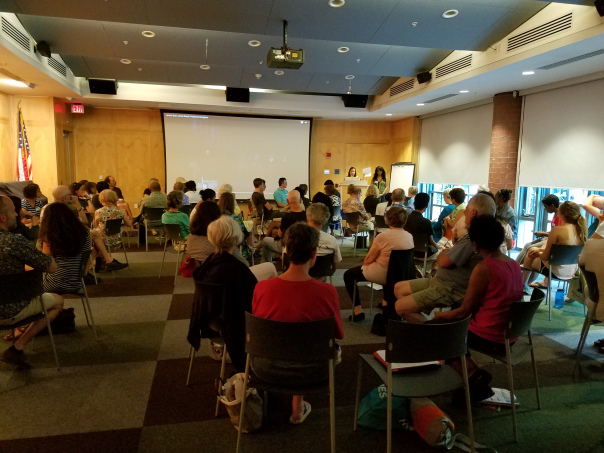
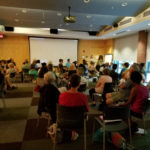
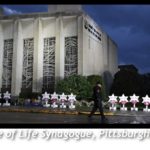 For the pastoral prayer on All Saints Sunday, we named, saw photos of, and prayed for the saints, a wide variety of them, ranging from winners of the Nobel Peace Prize to martyrs at the Tree of Life synagogue in Squirrel Hill, Pittsburgh. For each of those named in the liturgy, our response was “Stand here beside us.”
For the pastoral prayer on All Saints Sunday, we named, saw photos of, and prayed for the saints, a wide variety of them, ranging from winners of the Nobel Peace Prize to martyrs at the Tree of Life synagogue in Squirrel Hill, Pittsburgh. For each of those named in the liturgy, our response was “Stand here beside us.”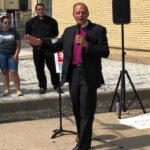

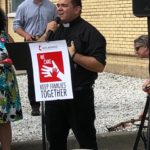

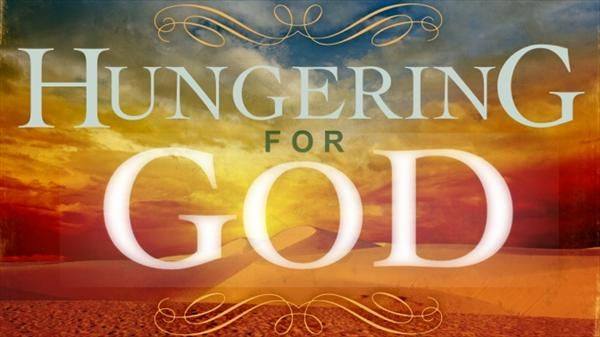 What riles you up? Pastor Jenny Smith Walz asked this question on July 22, 2018. Here are some notes from her message, titled “Hungering for God” based on the story of the “rich young ruler” in
What riles you up? Pastor Jenny Smith Walz asked this question on July 22, 2018. Here are some notes from her message, titled “Hungering for God” based on the story of the “rich young ruler” in 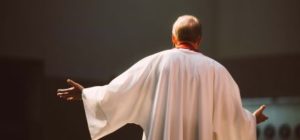 Dear Sisters and Brothers in Christ,
Dear Sisters and Brothers in Christ,